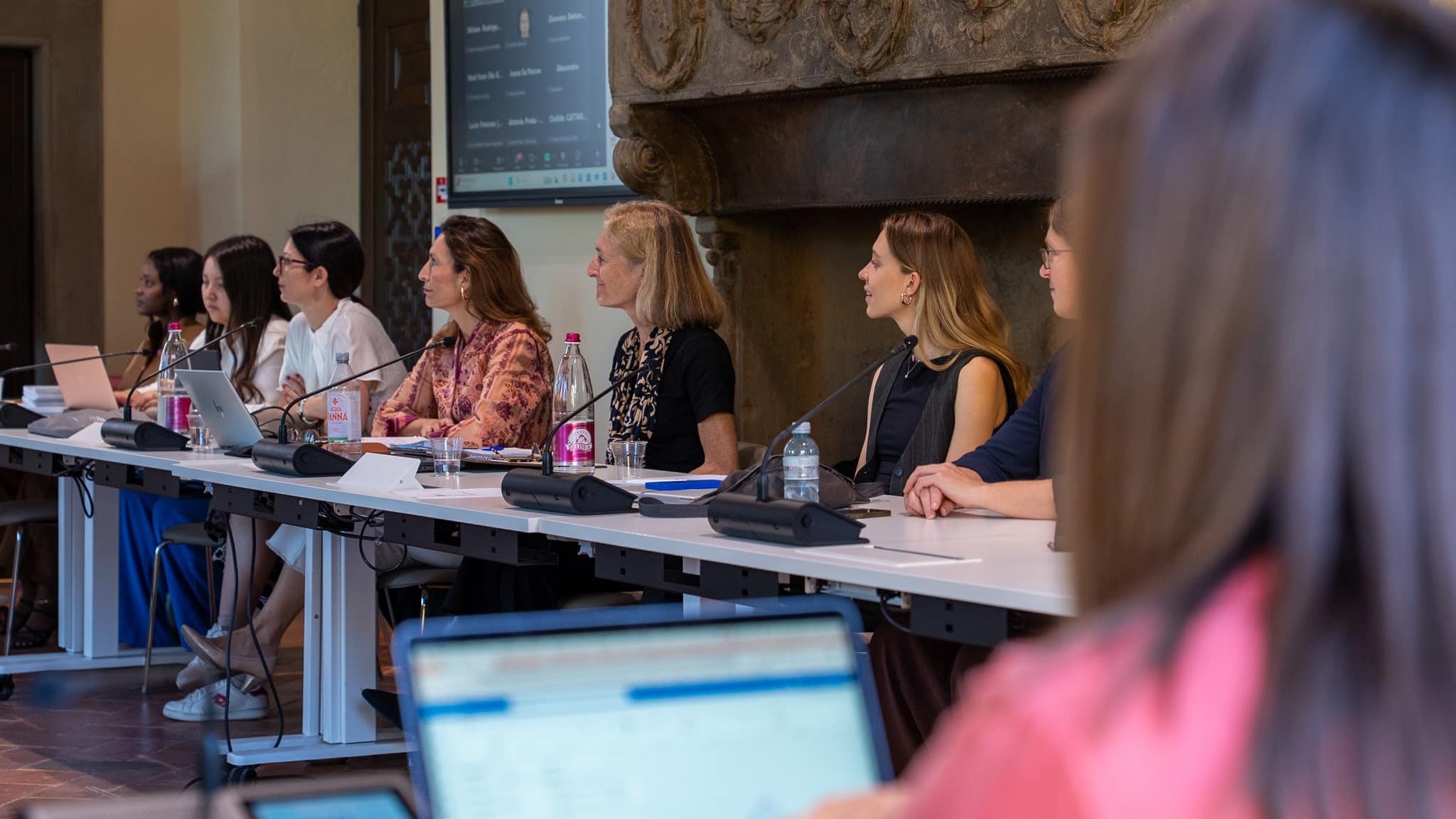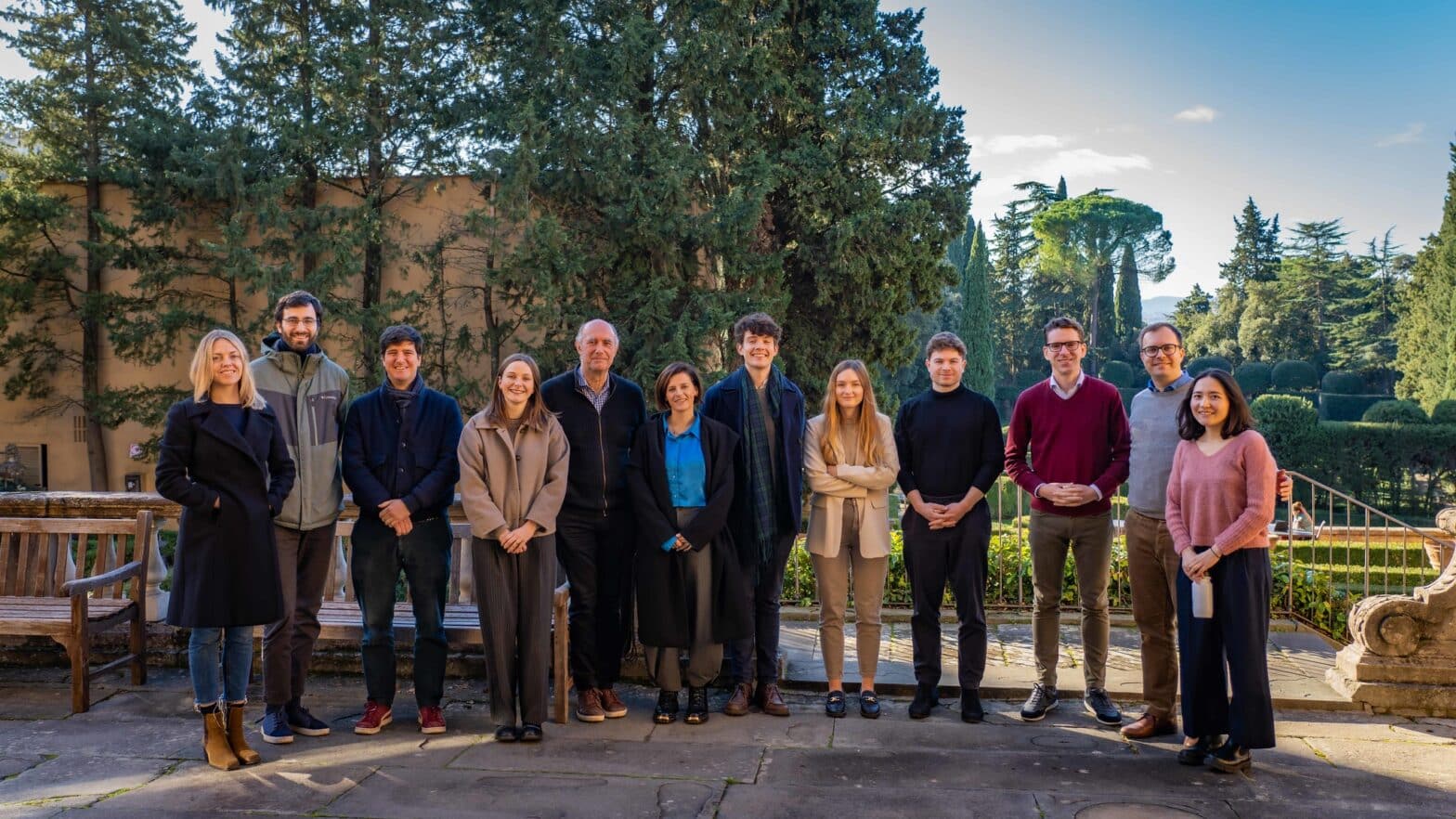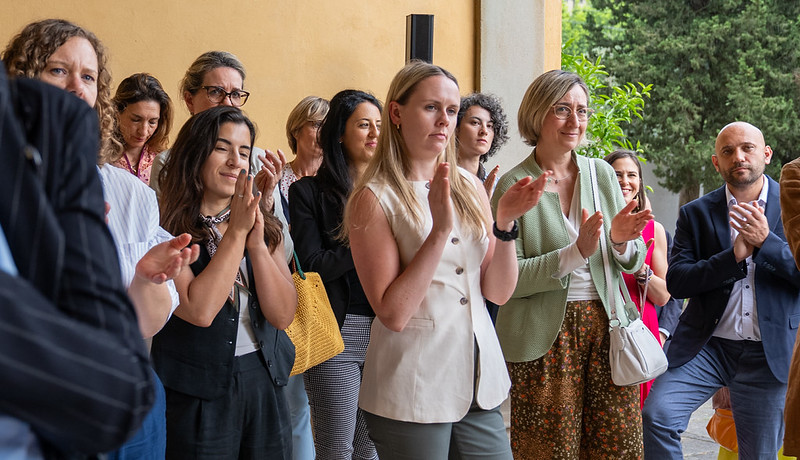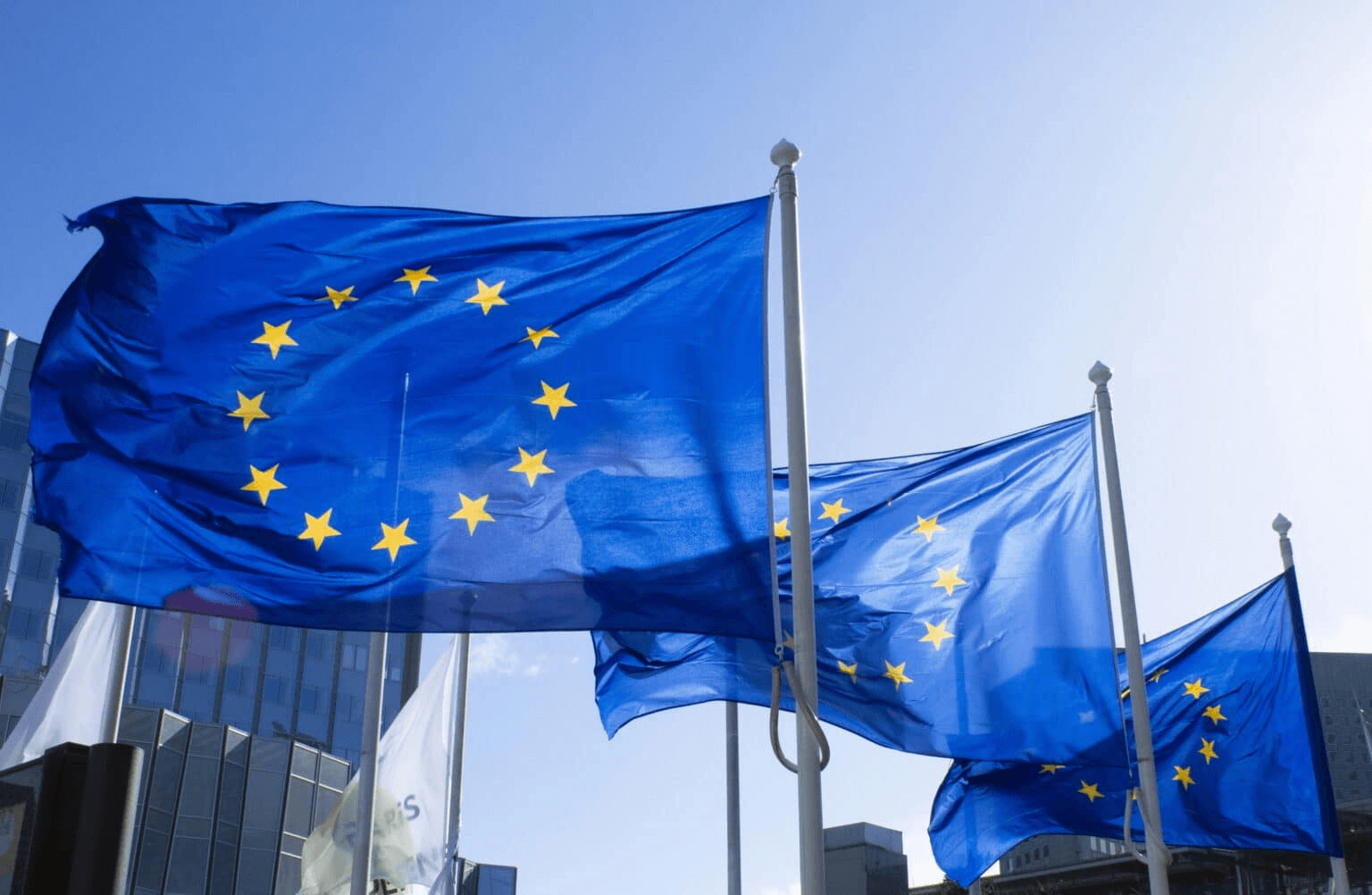EU Commission presents proposal on methane emissions reduction
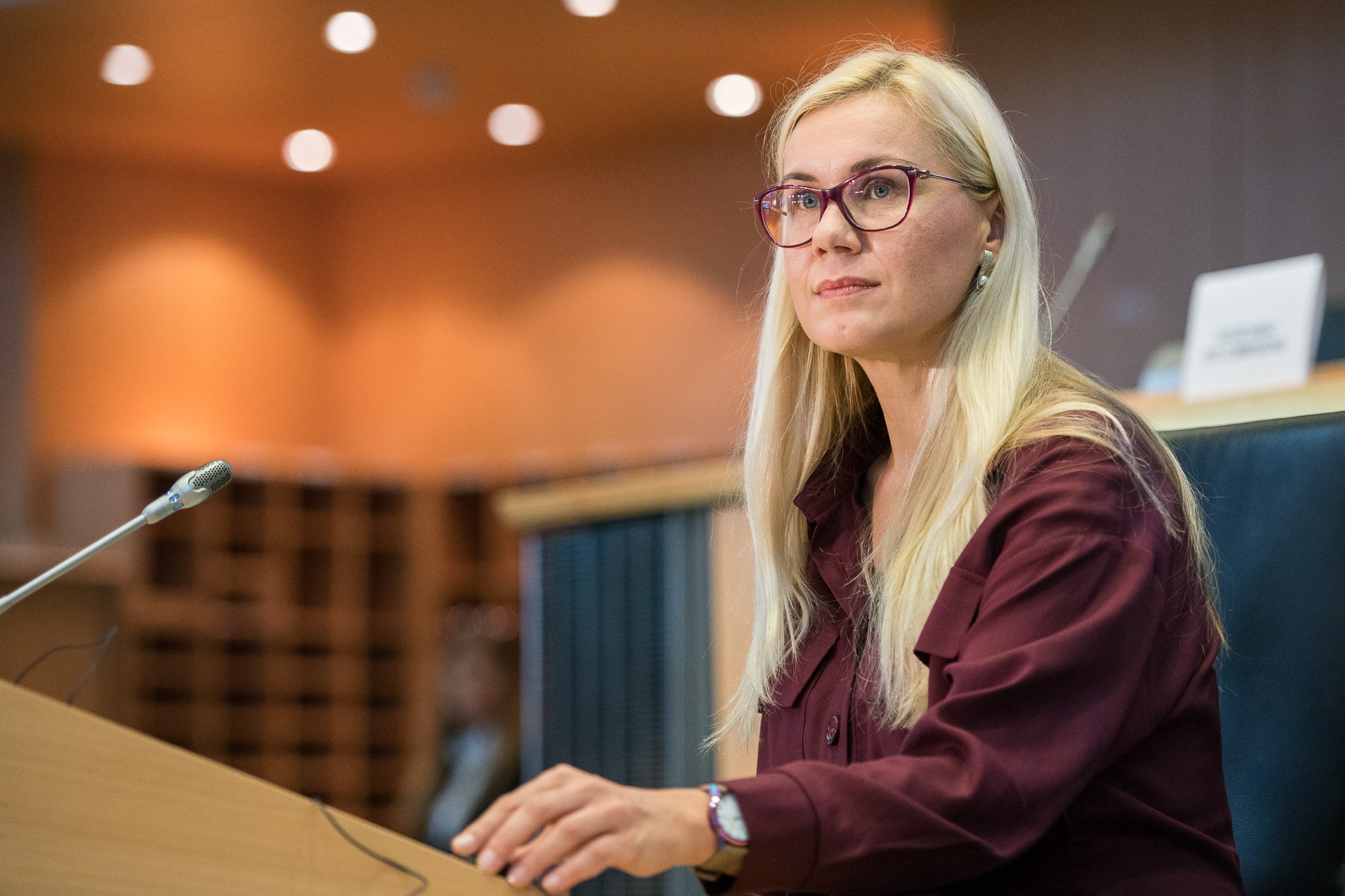
Today, 15 December 2021, the European Commission published the hydrogen and gas market decarbonisation package, including the proposal for a regulation on methane emissions reduction in the energy sector. The proposal introduces new requirements in terms of measurement, reporting and verification of emissions, as well as abatement measures including leak detection and repair (LDAR) and restrictions on venting and flaring. The regulation also puts forward rules to increase transparency on methane emissions associated with fossil fuels imports. The proposal targets the emissions arising along the entire value chain, but end-use.
The Florence School of Regulation (FSR) welcomes the proposal by the European Commission. Andris Piebalgs, part-time professor at the FSR and Chair of the International Methane Emissions Observatory (IMEO) Implementation Committee, commented on the significance of the proposal:
Today’s proposal is an important milestone. One year after the publication of the EU Methane Strategy, the Commission tabled a set of comprehensive rules, combining measures with almost immediate effect on emissions, i.e. LDAR programs with more accurate measurement of emissions, which will foster the development of effective policies, and regulations driving further methane emissions reductions in the future
The regulation follows the Global Methane Pledge – a joint commitment, taken by the European Union, the United States and a number of other countries at COP26, to reduce all man-made methane emissions by 30% by 2030 compared to 2020 levels. The regulation shows the EU commitment and its strong leadership in cutting energy-related methane emissions, a measure that represents one of the most cost-effective ways to reduce greenhouse gases, contributing to the achievement of 2030 and 2050 climate objectives without slowing down the energy transition.
Methane is a short-lived, but potent greenhouse gas, contributing to 25% of global warming we experience today. Methane concentrations continue to increase at an unprecedented rate. The Intergovernmental Panel on Climate Change’s Sixth Assessment Report (IPCC AR6 WG I) – a summary of scientific knowledge on climate change published earlier this year – highlighted the important role of methane mitigation in keeping global warming in check and called for “strong, rapid and sustained reductions” in CO2 and methane. Today’s regulation positions itself as one decisive step in that direction.
RELATED CONTENT:
- EU Commission’s New EU framework to decarbonise gas markets
- Cover the basics: methane emissions
- EU Methane legislation is expected in December
COP26 EVENTS WITH THE FSR:
Panel moderated by Andris Piebalgs, part-time professor at Florence School of Regulation, Chair of the IMEO Implementation Committee.
FSR speaker: Andris Piebalgs, part-time professor at Florence School of Regulation, Chair of the IMEO Implementation Committee.
POLICY BRIEFS:
- Methane emissions from the coal sector during coal phase-out
- Designing an EU methane performance standard for natural gas
- Satellite and other aerial measurements : a step change in methane emission reduction?
- Methane emission reduction : an important step in strengthening the sustainability dimension in gas network companies
- Regulatory framework to mitigate methane emissions in North America : the lessons learned for Europe
- How far should the new EU Methane Strategy go?
ONLINE EVENTS:
Don’t miss any update on this topic
Sign up for free and access the latest publications and insights



